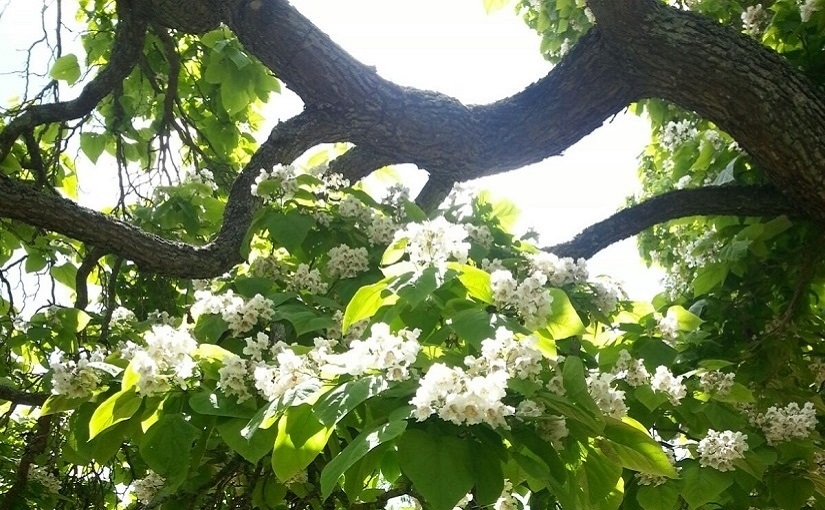Often in life I look to the natural world as a metaphor of sorts to understand the way things are and how they relate. This is the inclination behind much of the photography that’s accompanied my posts so far: the beauty of forms and colours, the processes of growth, the wisdom behind the seasons and relationships of nature. So I’ve planned a few posts to address this more directly, for those so inclined to join me.
To me, there’s an inherent power and truth in nature – the consistency of the days, the seasons, the years; the honesty and beauty of the markers of time, be that cherry blossom, falling leaves, or holly; the social rhythms and cultural traditions accompanying the changes in nature; the amazing truth that our day-to-day realities are as they are because of the movements of an almost unimaginable planetary reality. We might complain about the weather or the seasons, but we exist within this incredibly complex system of warmth and cold, light and dark that shapes our daily lives and the nature we see around us.
Equally how we look at that, how we talk about it, the extent to which we acknowledge and tend it interests me greatly. Often I find people dismissive of my wonder at nature – “it’s just the position of the sun when it rains”. I’m not sure where that arises, maybe because we can understand things on a material level we then tend to reduce phenomena entirely to that knowledge? Maybe there is little place for wonder and beauty in a rational society, or more that we struggle to reconcile the two perspectives.
It’s funny how we complain about weather on a pretty personal, short-term basis – as if the winter were here merely for our inconvenience and discomfort, and the British summer mainly to exercise our capacity for disappointment. But surely the life of the planet depends upon this alternation of seasons and the ways in which that supports and manages ecosystems. And psychologically, if we weren’t cold would we appreciate warmth so much? The processes of alternation and change seem fundamental to human nature in a way.
As mentioned in Animals in human society, I wonder at the full degree to which our ways of living are built upon the assistance of animals and also of plants – the natural world as a whole. In some way we’ve risen above nature and maybe because of it, yet we’ve become somewhat dismissive of that because we understand it and we seem to view it as a resource, an inconvenience or a pretty backdrop.
So much in life seems to echo this experience of rhythms, transformation, and the tension and balance of opposites. Later I’ll look more at the place of nature within society, so this simply sets the scene for now.

